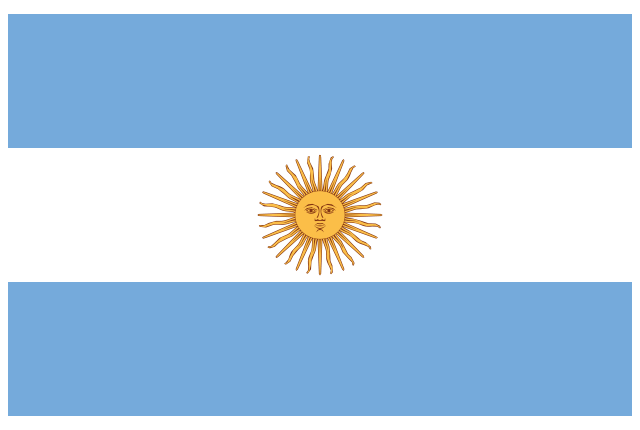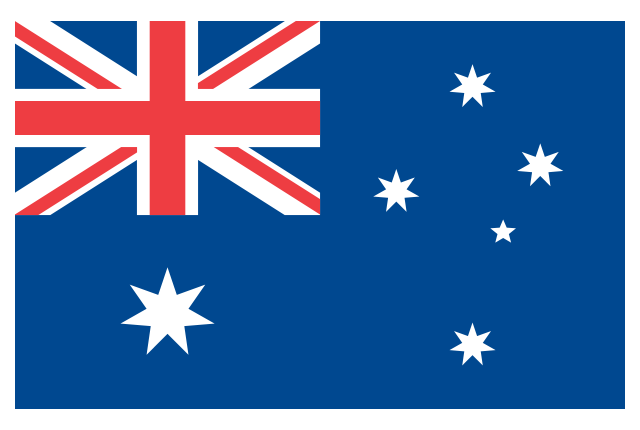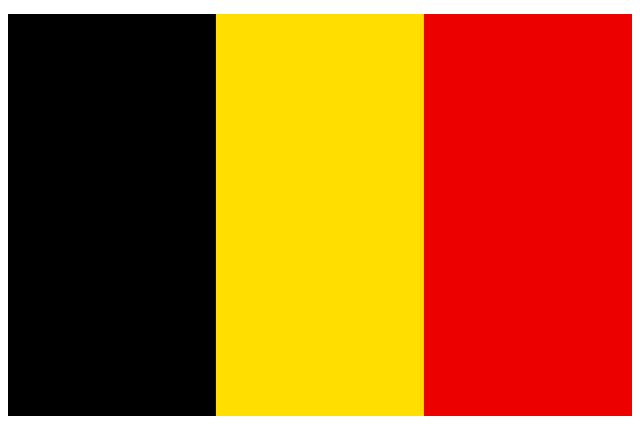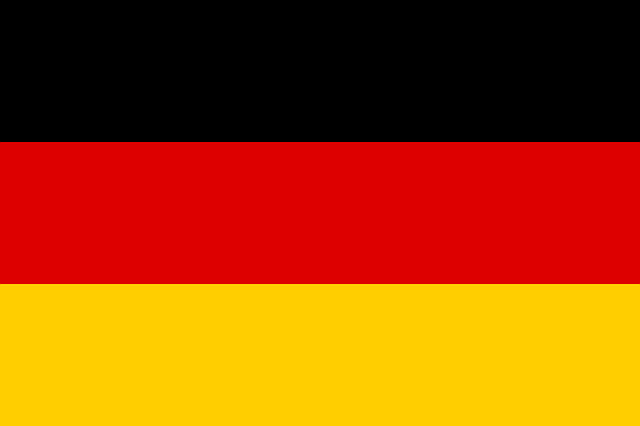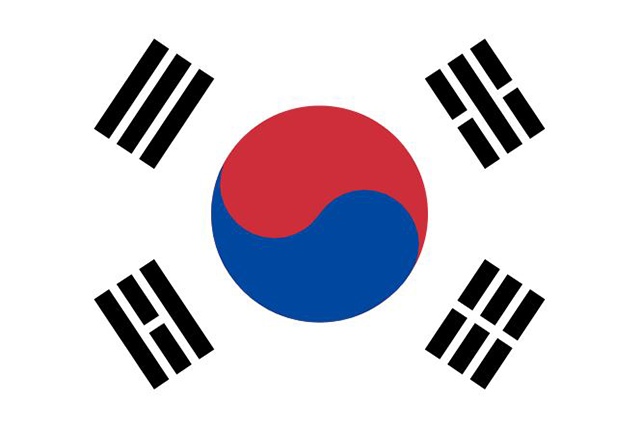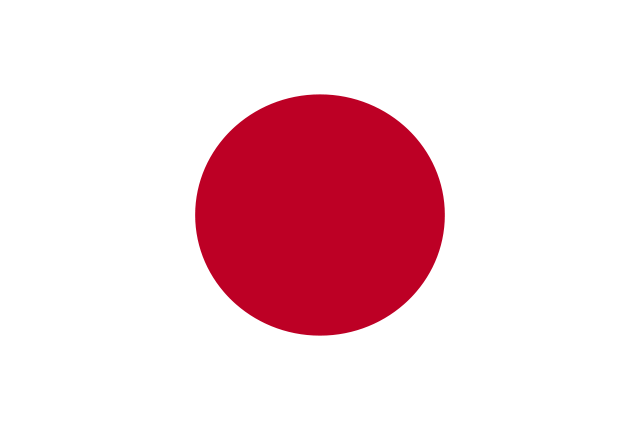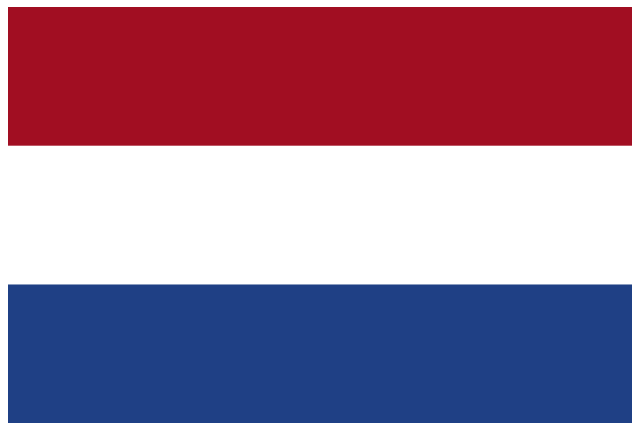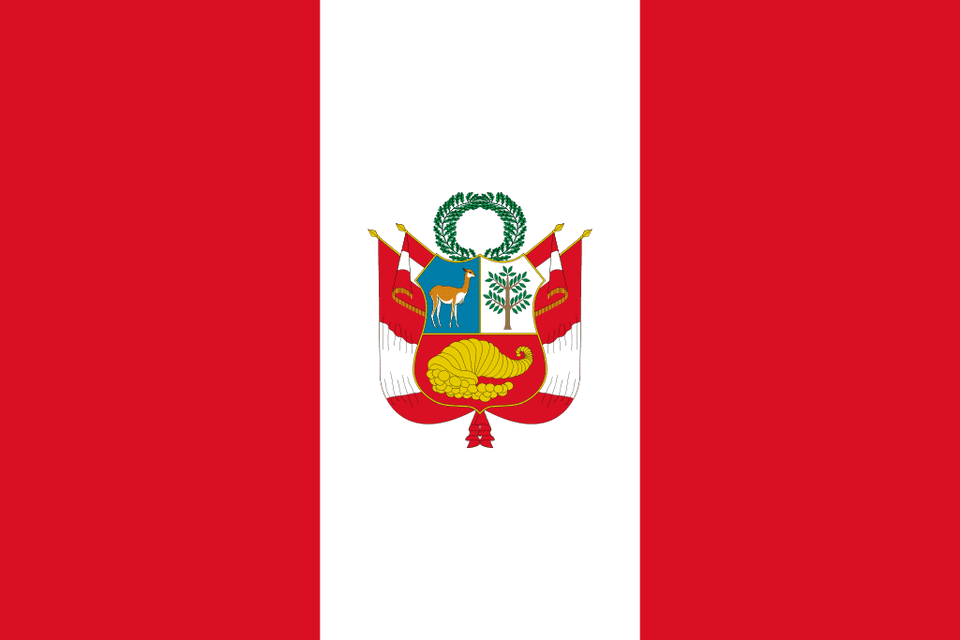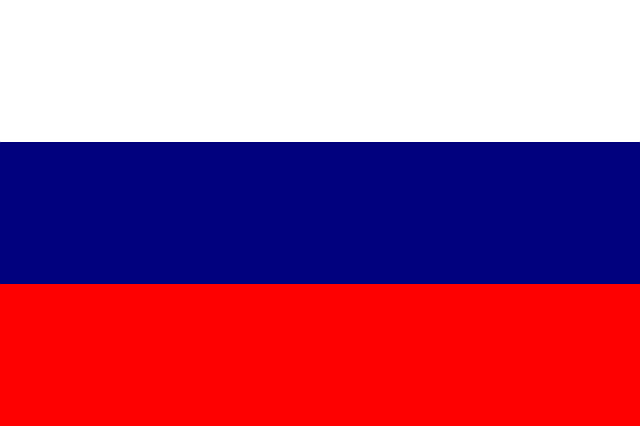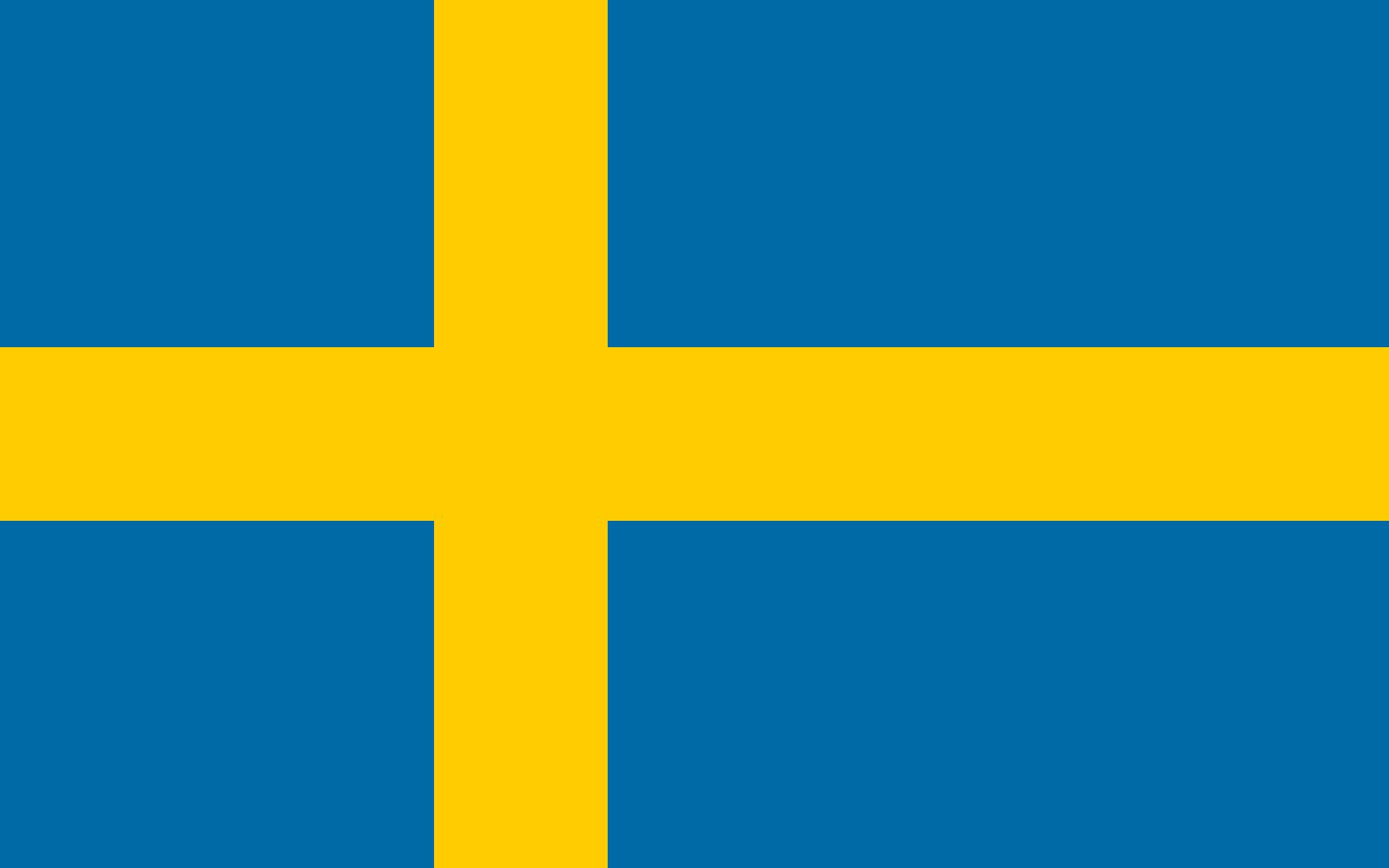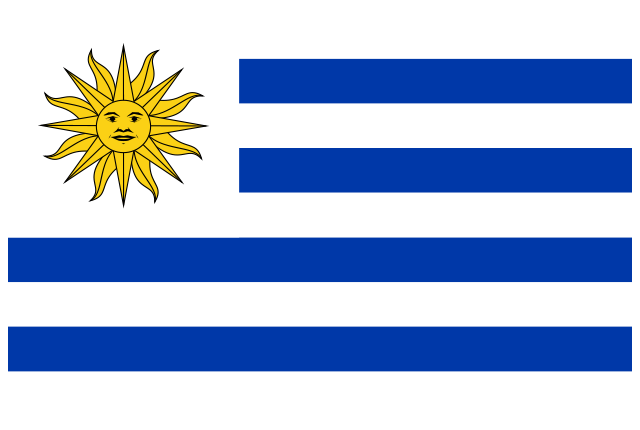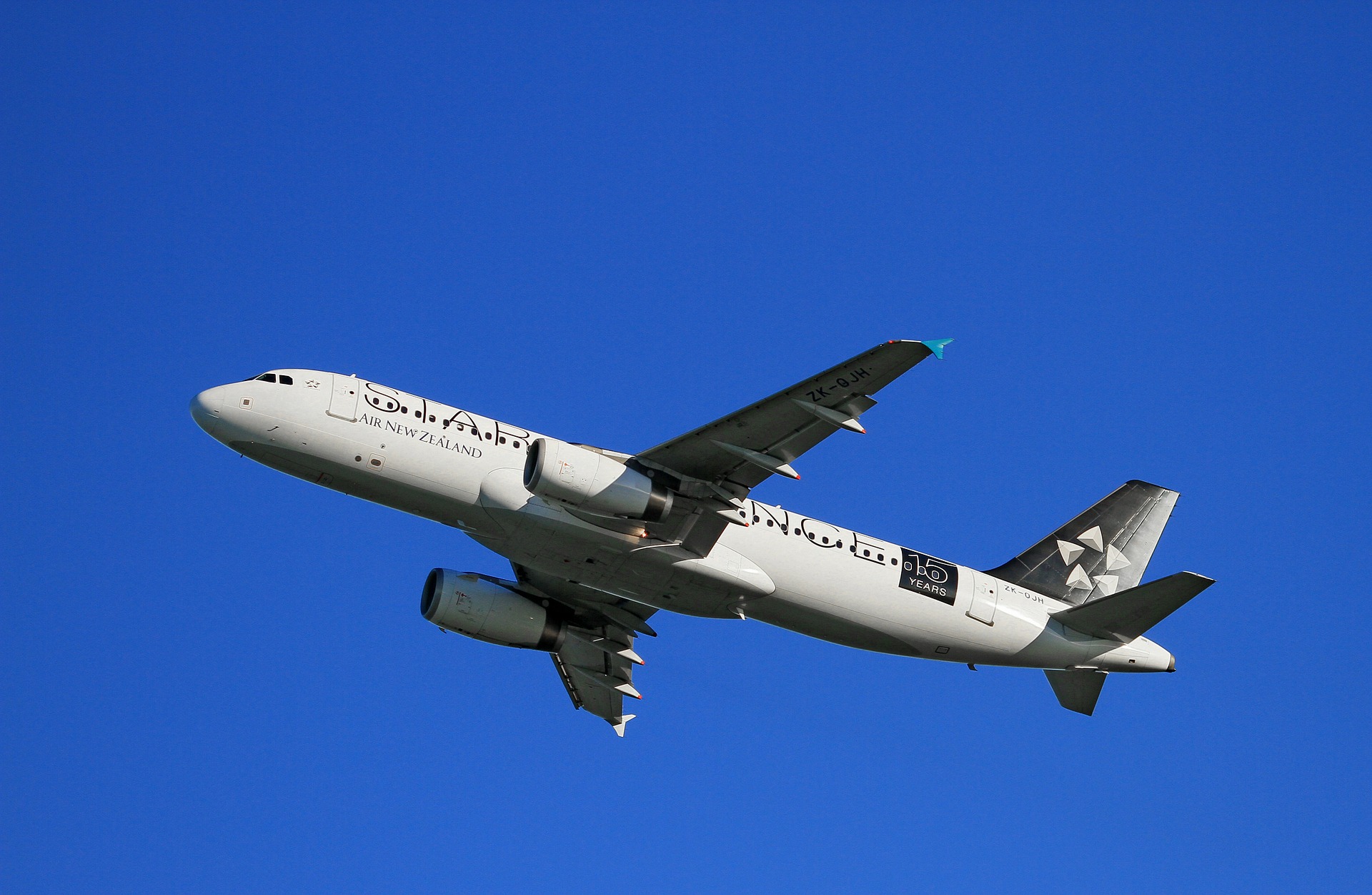
In the wake of the EU referendum there is still plenty of contention around the future of Britain. After the fact, there is strong support for both staying and leaving the EU and many theories on what the future holds. One possibility that is gaining traction on a local level is the idea of free movement of citizens between the UK, Canada, Australia and New Zealand. This concept, led by the Commonwealth Freedom of Movement Organisation, has already accumulated over 160,000 signatures that are increasing each day. But who benefits from this free movement act and more importantly why start a new partnership with these countries – the basis of a miniature EU?
For starters, the Commonwealth Federation of Movement Organisation claims that there will be a great number of political, sociological and economic opportunities. This is due to the fact that all the countries are members of the commonwealth and all share the same dominant language, leading to a societal collaboration and a merging of cultures. The economic benefits for each country come with the idea that through various visa and immigration reforms, such as a Freedom of Movement Act (Australia already has this agreement in place with New Zealand) there will be more opportunities for workers to fly, work and live overseas. This in turn will theoretically improve each country’s economy through the ‘trade and movement’ of skilled workers contributing to each society.
The reason why that these commonwealth countries have been selected is due to their similarities in language, law systems and human rights records. The fact that all countries also have positive economic growth adds to the allure of freedom of movement. On the flip side one of the biggest issues that may potentially occur is cultural clash. While all countries involved have English as the dominant language, culturally each country has their own nuances. However, the Commonwealth Freedom of Movement Organisation claim that there would be a strengthening in the relationships between the countries due to similar cultures. It is noted that whilst Australia, New Zealand and Canada have similarities, each country has significant cultural differences and social values. That is not to say that the four cultures do not have some overlap and given time there can be a form of cultural assimilation. Be that as it may, there have been some questioning if culture is truly a motivator for free movement when the economic benefits far out way that of cultural similarities.
While the debate on the ease of transition (culturally wise) continues, we can look to the Australia and New Zealand’s Trans-Tasman Travel Arrangement (T.T.T.A) for policies that could act as the basis for developing a freedom of movement policy for the UK and Canada. For those unfamiliar with the T.T.T.A, the T.T.T.A allows citizens of Australian and New Zealand the freedom to travel, work and live in both countries without the need to apply for a visa or hold citizenship. However, the T.T.T.A places restriction on the rights of those who come from Australia and live in New Zealand and visa versa. The restrictions are predominantly on voting and social security. These restrictions are only lifted once citizenship has been granted to the individual. This policy framework could be adapted and implemented to include both the UK and Canada. With a policy such as this encompassing all four countries, there would need careful changes to immigration policy to ensure that one country is not swamped by skilled workers tilting the balance and creating a situation that was a contributing factor to Brexit!
There is certainly political, social and economic value in exploring a free movement policy for the UK, Australia, New Zealand and Canada. However the real question is the feasibility of this concept so soon after ‘Brexit’ occurred.

